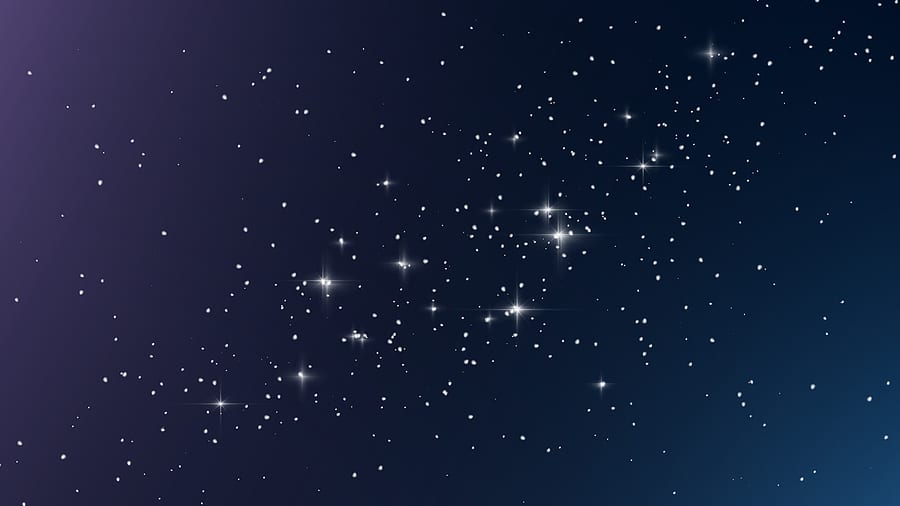
For women, there are undoubtedly great difficulties in the path, but so much more to overcome. First, no woman should say, ‘I am but a woman.’ But a woman! What more can you ask to be. Born a woman, born with the average brain of humanity, born with more than the average heart, if you are mortal what higher destiny could you have. No matter where you are nor what you are, you are a power. Your influence is incalculable . . .
– Maria Mitchell (1818 – 1889)
America’s first woman astronomer continues to be an inspiration 203 years after her birth. Her legacy continues to live on through the Nantucket Maria Mitchell Association (founded 1902) and its programs, museums, and research.
It is always hard to put someone from the past into the present day. Their knowledge base, their perspective, would be completely different as we all know. But, I think Maria Mitchell would be dismayed that women were not farther along – that there is still a “glass ceiling,” a “mountain to climb,” a “wall” and that women are still sitting on the other side to some degree – that it is not completely equal as she would have hoped or expected.
Raised in a Quaker family, Maria Mitchell believed, as Quakers did, in equality. While she did not remain a lifelong Quaker, it continued to shape her vision of the world and where she saw her place in it. She brought these beliefs with her wherever she went and to whatever situation she was confronted with. She instilled these beliefs in her students at Vassar College – where she became the first female professor (and first hired professor female or male) of astronomy – at Vassar and the first in the U.S. She found herself in the male-centered “hallowed halls” of such groups as the American Academy of Arts and Sciences (first female member), the American Philosophical Society (one of the first female members), and the Association for the Advancement of Science (one of the first female members). She was the first woman to win a gold medal from the King of Denmark (her comet discovery in 1847), one of the first women to work for the U.S. Federal Government (U.S. Coast Survey and U.S. Nautical Almanac), and the first woman to receive a travel/research grant from the U.S. federal government (for one of her eclipse viewing trips in which her party was the only all-female observing group). Traveling and then moving off her island home – a place that saw many women in positions of authority due to many factors including the influential Quaker faith – she was appalled at what confronted her. She made it her life’s work to support, encourage, and make a difference for the right of women to have educations and for women to work in the sciences.
Yes, Maria would still be shocked. She would be grateful and impressed with the strides that have been made but likely stunned to see that there is still so much more to overcome. Today, girls still struggle to find their place in the STEM fields. Encouragement and support systems are not always there, and studies show that there continues to be a high loss of girls in the STEM fields starting in middle school. Research has shown things may be improving for women in STEM but the percentage of women in STEM, particularly in certain fields, remains low. And now, the COVID-19 pandemic has also further hurt women in the workforce – including in STEM.
In 2018, the Nantucket Maria Mitchell Association launched its inaugural Maria Mitchell Women of Science Symposium in Maria Mitchell’s 200th year. We welcomed a sold-out crowd as we came together to work to develop real-world solutions for women and girls and the under-represented in the STEM fields. We gathered to listen and to develop tools in order to create change in our places of work and education. And based on the feedback, people implemented these solutions, finding and developing new pathways of support, making changes, developing committees, mentoring, and more. But we still have more work to do.
Maria Mitchell told her Vassar students, “We are women studying together.” She believed in learning by doing and that everyone worked together. In that spirit, the Maria Mitchell Women of Science Symposium is designed to serve as a source of inspiration and support and to be a hands-on experience in which all attendees are actively participating and problem-solving. Our intention is to develop real-world solutions for retention and to help create support systems such as mentoring, mental health, and DE&I so that we can take those solutions back to our workplaces and places of education and implement them.
Help us celebrate women and girls in STEM while also creating new support systems and pathways. Let’s make a difference together! Join us. Please visit our website at www.mmwss.org to learn more and to register for this important meeting.
Remember: No matter where you are nor what you are, you are a power. Your influence is incalculable . . . We all have the power to make change – and to make sure we are putting our hand out to help and to move everyone forward together.